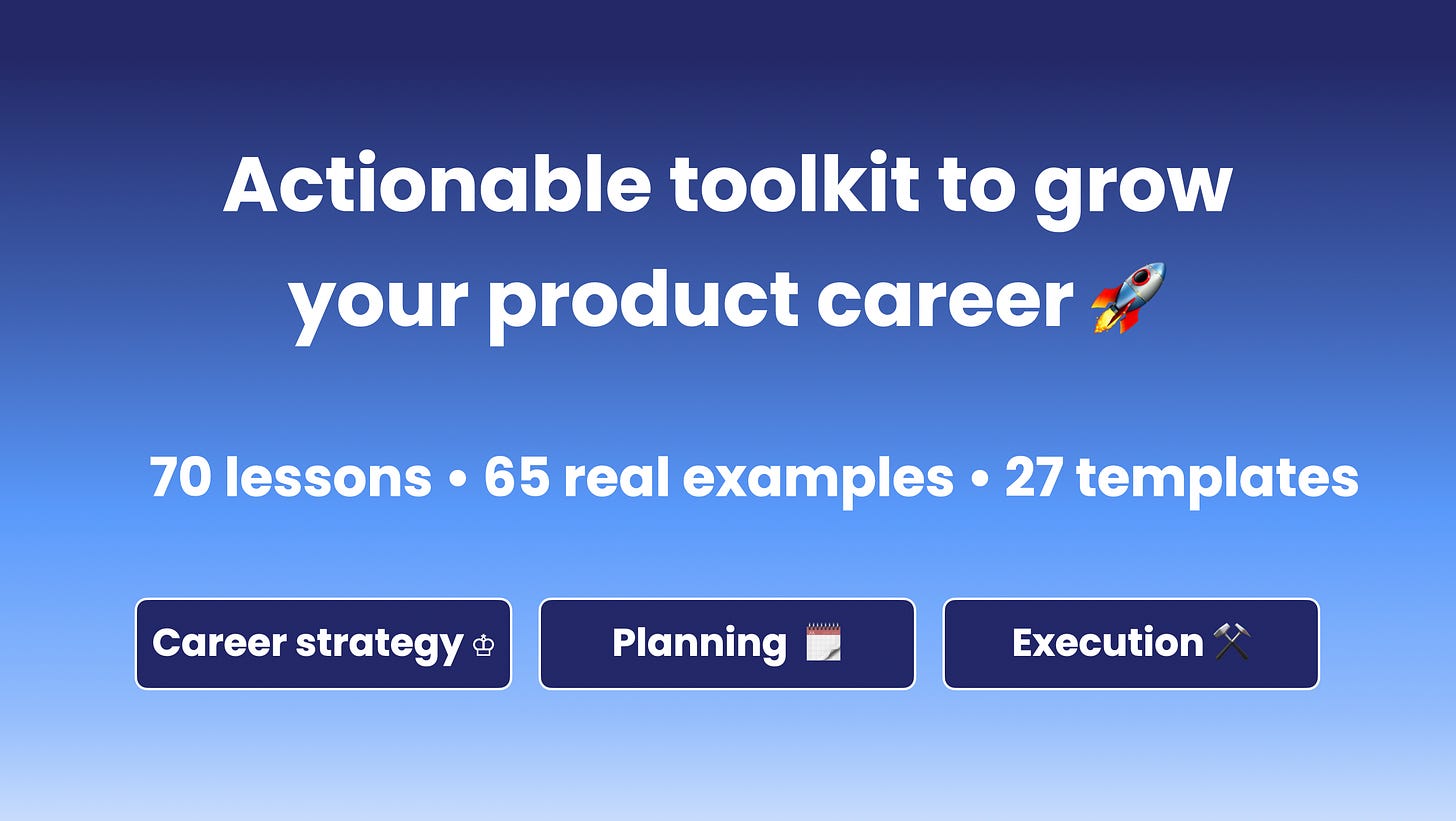In 2015, I arrived in San Francisco and thought I found my forever home. Four companies later (Microsoft, Bain, Snapchat, Faire), I no longer believe in a forever home. But I do believe in hard-earned lessons.
Here are six that stand out.
Founder worship
It’s easy to be starstruck when you meet people behind multibillion-dollar businesses.
What typically follows is a complete letdown. Genius founders may be exceptional in a few ways, but they tend to be exceptionally bad in others, like managing people and giving a shit about them.
Yet founder worship burns hot. In fact, whenever someone becomes well-known, we try to emulate everything they do, picking up the good, bad and very ugly.
Balance and extreme talent rarely co-exist. Instead of relying on a genius to emulate, learn the best from each person you work with.
Dysfunction = default
Behind the scenes of every idolized company is actually a loosely functioning disaster. Things you expect to be solved are nowhere close. People you expect to be effective are not. Latter is especially true at bigger companies. How is this possible?
Most businesses work in spite of themselves; if anything, it’s a sign of a strong business model! When lots of things go wrong, but business roars on, that’s when you know you’ve struck gold
Their mess is your opportunity; if you solve their burning problems and make your team look good, you quickly establish yourself as a valuable player
Amid endless fires, you can choose to be discouraged or work to uncover the seeds of new ideas
Dysfunction is the default. You’re hired to make things better, even if by a little.
Revenue determines culture
Show me their revenue model, and I’ll show you their culture. When I first read this, everything clicked. I’ve always wondered why life inside a company is so different from their advertised values. That difference is the incentive of growing the business.
When the business model is ads, no mission can escape the gravity of capturing eyeballs at all costs. When the business model is selling new projects, the best at sales rise to the top, even if they have major character flaws. When the business model is transaction volume, everyone’s incentivized to get people to buy more and repeatedly.
Culture is pulled down by what’s tolerated. And it’s extremely convenient to tolerate a jerk when they’re uniquely masterful at growing the business.
The good news is you can dig into a business model before committing to a business.
Every strength is also a liability
Name your greatest strength. Then flip a coin. If heads, your strength helps you. If tails, your strength turns into a liability.
Sound absurd? Well, it happens in real life! The coin flip is your environment.
For instance, focus on details is a strength when you’re an individual contributor. But when it distracts you from the big picture as a manager, it turns into a liability. Even grit can be a liability when chasing a doomed venture.
Since any strength can work against you, I’ve found two reliable courses of action:
Seek environments that value your strengths and tolerate your liabilities
Modulate your strength based on your environment (much harder)
Time horizon changes everything
Everyone wants to make money and be right. The question is what’s your time horizon?
If it’s the next 2-3 years, you’re certainly better off working at FAANG. If it’s the next 10+ years, you’ll do well to consider career currency.
Hard work is not enough. Even being “great” is not enough. What’s rewarded in a universe of abundance is the opposite: scarcity. Being great at things that other people are not.
Long-term career currency comes from having a unique set of skills and relationships. Working at FAANG means you’re among 500K+ others in the exact same boat. Good wind in your sails, but still on you to steer.
How do you get unique skills and relationships? By definition, there’s no fixed path, but there are some timeless principles:
Find what’s fun for you, but a slog for most people — your sheer enthusiasm will keep you in the game, and win you appreciation points
Try high-speed career sampling early on — this gives you unusual perspective about what people need and what you’re good at
Consume and work on things that are unusual for people with your background, making your own talent stack
In school, most of us try to play the same game as everyone else, desperately trying to fit in. In the real world, and especially in tech, power comes from being different.
Accidental luck
Tech is paved with accidental luck. I know a number of (paper) multimillionaires. Some of them worked very hard, all of them happened to be in the right place at the right time. All of them had upside in incredible business models.
Ironically, the stronger the business model, the less you confront the realities of your own skills. A strong business model is like a quiet but constant wind blowing your way. It amplifies every good decision, and softens the blow of every bad decision.
While these experiences look impressive, you learn more by working on things that are not working by default. When things magically work, it’s easy to chalk it up to talent and hard work. When things don’t, you’re forced to move faster, try more things and confront flawed assumptions.
Learning is pain x reflection. Messy in the middle, rewarding in the end.
Startup of the week 🚀
Sprig, SaaS startup | Recently raised Series B from A16Z and Accel | ~60 employees
Sprig is the all-in-one research platform that makes it fast and effortless for product teams to learn from customers in real-time
What I like: sticky business model, early enough for there to be massive upside, relatable customers 😊
Hiring Product Managers, Designers, Engineers, Sales and more
Or view 1000+ startups funded by top investors: filter by size, industry, jobs
This newsletter grows because of you! 🤗 Share with a friend, or if you’re new, subscribe below:
Finally, here’s my actionable toolkit to grow your product career. Learn from 65+ real examples and templates.
Thanks for reading,




